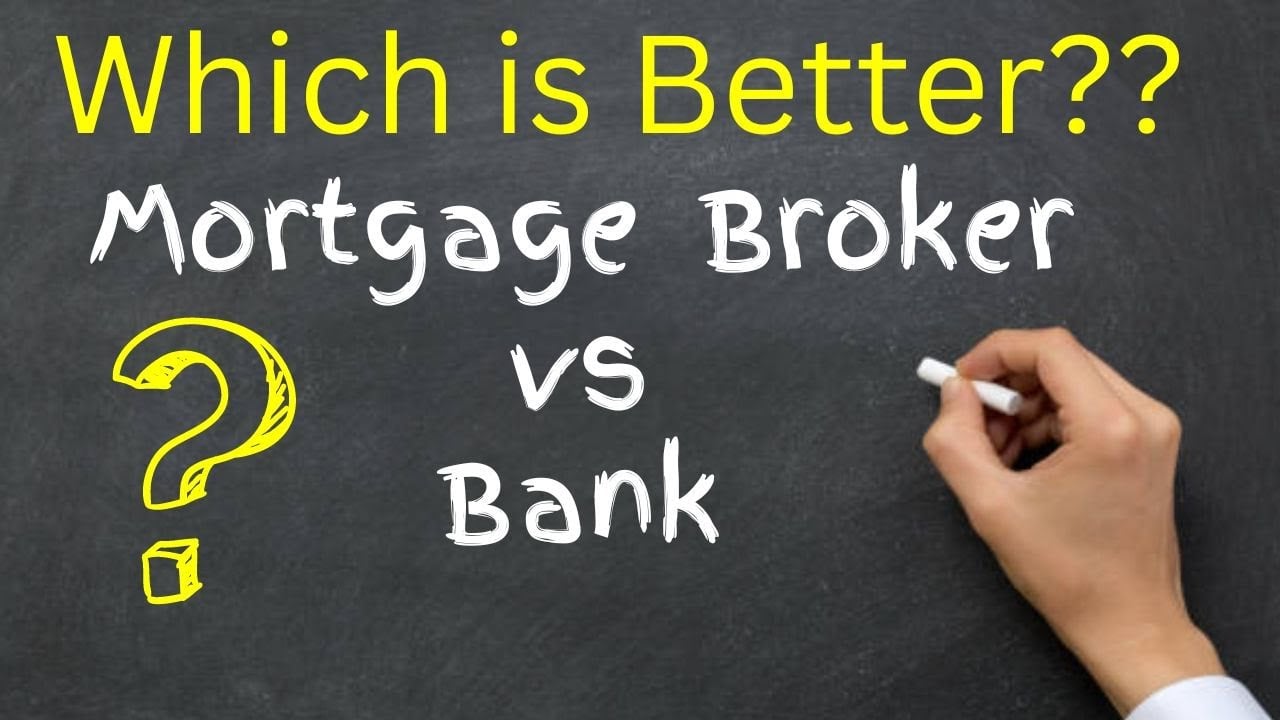As prospective homeowners navigate the complex world of mortgages, deciding where to secure your home loan can be as crucial as choosing the perfect house. In this journey, you may encounter four primary categories of lenders: traditional banks, local mortgage lenders, credit unions, and online lenders. Each lender type presents unique pros and cons, but today, we’ll delve into why local mortgage lenders may best fit your home-buying needs.
Traditional Banks
Traditional banks are often the first stop for many homebuyers. Their high street presence and familiarity offer a sense of security and trust. However, it’s essential to consider some potential drawbacks.
Pros:
- Widespread presence: Their extensive branch networks can facilitate face-to-face service.
- Broad services range: They offer a suite of financial services beyond home loans.
Cons:
- Impersonal service: Unlike local lenders, banks often do not assign a specific loan officer to your account. This impersonality can lead to inconsistent service.
- Limited availability: Banks typically operate during traditional business hours, potentially creating hurdles for working professionals.
- Call center frustrations: When you have questions, you may encounter phone trees or call centers, often leading to frustration and delayed responses.
Credit Unions
Credit unions are community-oriented institutions often boasting favorable rates and personalized service. Yet, they have their own set of challenges.
Pros:
- Competitive rates: They often offer lower rates and fees compared to traditional banks.
- Member-centric: They provide a personalized approach to banking and lending.
Cons:
- Slow processing: Credit unions tend to work at a pace slower than the market’s tempo, potentially delaying your home-buying process.
- Membership requirements: Not everyone can join a credit union due to their specific eligibility criteria.
Online Lenders
Online lenders promise speed and convenience, but they may not always deliver a smooth experience.
Pros:
- Convenience: Apply for a mortgage from the comfort of your home, 24/7.
- Quick quotes: They offer quick, often automated, rate quotes.
Cons:
- Lack of personalization: Like traditional banks, online lenders usually do not assign a specific loan officer to your account, impacting service quality.
- Business hour constraints: Despite online presence, many only operate during standard business hours, limiting your ability to connect with a real person.
- Call center model: If you have questions, you’re often routed through a phone tree or call center, complicating your communication process.
Local Mortgage Lenders
Local mortgage lenders are deeply ingrained in the communities they serve and may provide the ideal blend of service, speed, and availability.
Pros:
- Personalized service: Local lenders typically assign a dedicated loan officer who’s easily accessible and responsive.
- Market expertise: With an in-depth understanding of local markets, they can provide you with valuable insights and guidance.
- Flexible hours: They often provide extended service hours, addressing the needs of busy homeowners.
Cons:
- Limited branch presence: Their physical footprint is smaller compared to traditional banks. However, this seldom impacts the level of service due to their superior customer service approach.
While every home-buying journey is unique, local mortgage lenders stand out for their blend of personalized service, local expertise, and customer-centric approach. They bridge the gap between technology and personal touch, proving to be a reliable companion in your home-buying journey.
In the end, it’s about securing the best mortgage for your needs and being comfortable with the institution that helps you do it. As we’ve compared today, though, local mortgage lenders often rise above the rest for providing the perfect balance of personal attention, speed, and professional service.




